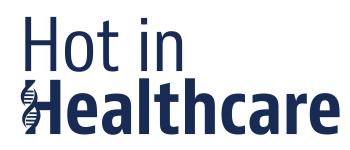The EU Whistleblowing Directive (the WBD) was due to be implemented across the 27 member states by 17th December 2021. There are a few major markets which have yet to implement (11 member states in total). But, with those that have implemented, we now have a good feel for the challenges the WBD poses for global employers.
The WBD has an admirable underlying objective – to provide pan-EU protection against retaliation for whistleblowers. But its focus on the need to localise reporting channels, keep information about reporters local and managing investigations locally, cuts across the global whistleblowing channels and investigations practices that are well established in most mature multinational healthcare and life sciences (HLS) organisations.
As companies operating in a highly regulated environment, our HLS clients have sophisticated compliance and investigations functions that reflect best practice and help drive consistency and independence in approach to addressing whistleblowing reports. The challenge then, is how to align the locally focused WBD requirements, with their global and preferred approach.
For more information on the WBD see our recent article One year on – The EU Whistleblowing Directive and our white paper EU Whistleblowing Directive – Act Now to make your Whistleblowing Program compliant.





